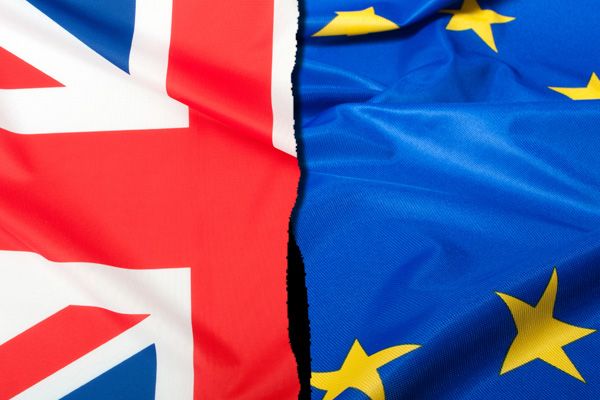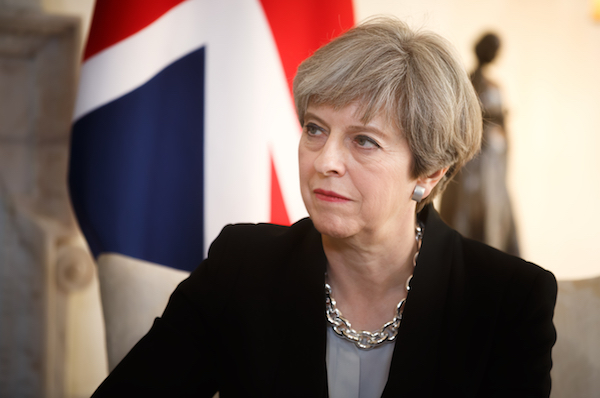

The Channel Islands' relationship with the EU could become the basis for Britain’s Brexit deal.
As fears about a no-deal Brexit mount, it emerged yesterday that the so-called “Jersey model” could be adopted on a UK wide basis and provide the blueprint for Britain’s negotiations as it prepares to leave the EU. Using the Channel Islands model as an example would lead to European leaders being more likely to agree to a deal.
Yesterday The Times reported European leaders were preparing to negotiate a deal which would let Britain remain in the single market for goods while opting out of free movement of people. Member States have said they could abandon one of the bloc’s ideological underpinnings in return for UK Prime Minister Theresa May agreeing to replicate all new EU environmental, social and customs rules in addition to those set out in the Chequers white paper.
Adopting a model like Guernsey's could help in this, as it sits inside some of the single market, but outside of the EU itself.
The EU’s chief Brexit negotiator has repeatedly stated since Chequers that Mrs May’s proposals would “undermine our single market”, and Britain cannot cherry pick which parts it wants to be in. However, British officials are now pointing to the Channel Islands to show that it is possible – as they have third-country status for all matters except goods.

The Times reported “sources at the highest level” of Brexit negotiations between EU governments said European leaders would listen if the Prime Minister adopted the “Jersey model” wholesale. This would require Mrs May to modify her “facilitated arrangement” proposals.
The so-called “Jersey model” is as follows:
Customs - Theresa May has proposed unique measure allowing the UK to strike free trade deals. Jersey is fully inside the EU customs union and so cannot do that.
Product standards - The government has pledged to automatically incorporate new rules on exported goods into the common rule book. Jersey has to so automatically.
Environmental and social protections - Mrs May has committed to a “no backsliding” clause to maintain existing levels after Brexit, but not to enforcing any later ones. Jersey follows all EU new directives.
Comments
Comments on this story express the views of the commentator only, not Bailiwick Publishing. We are unable to guarantee the accuracy of any of those comments.